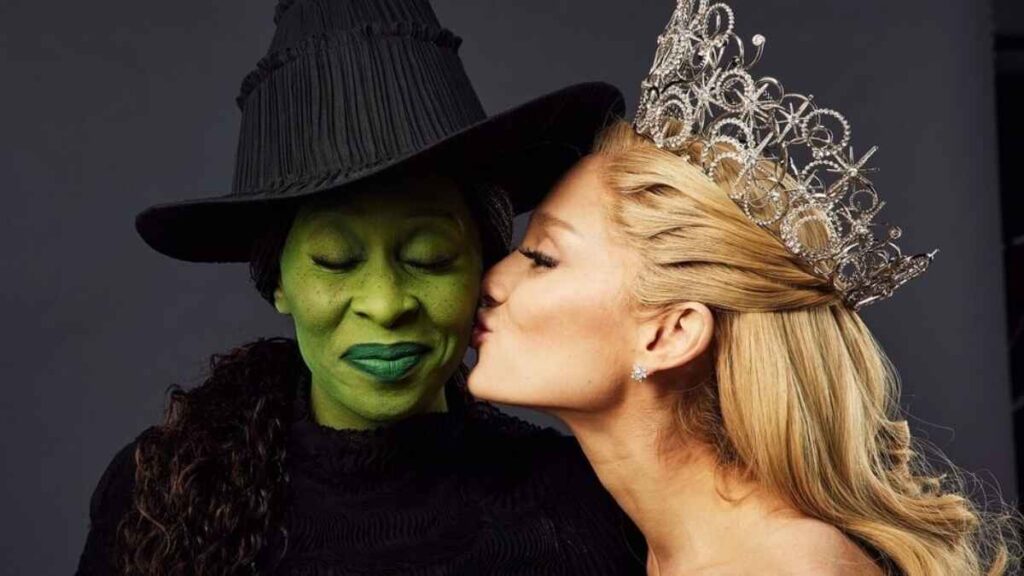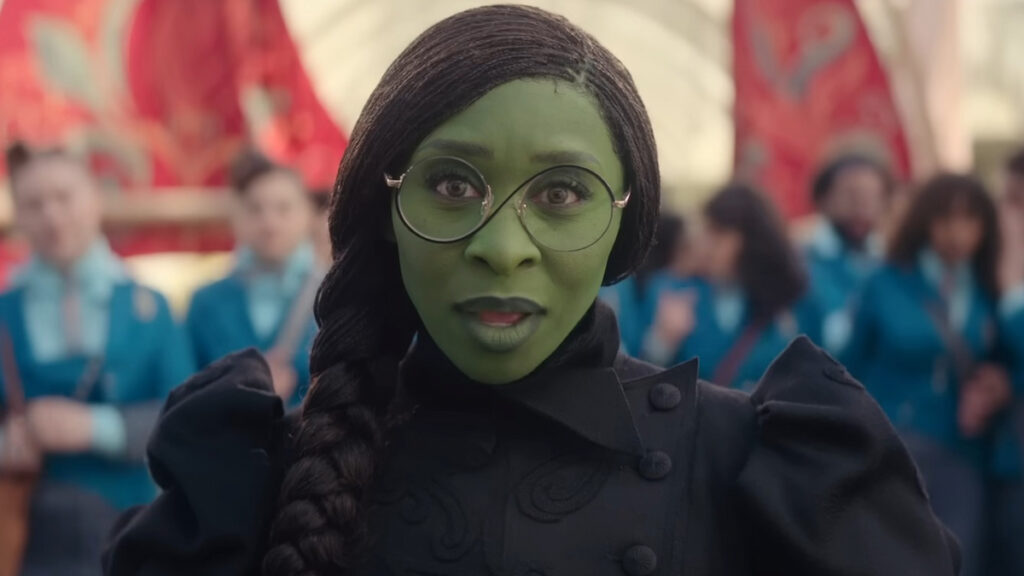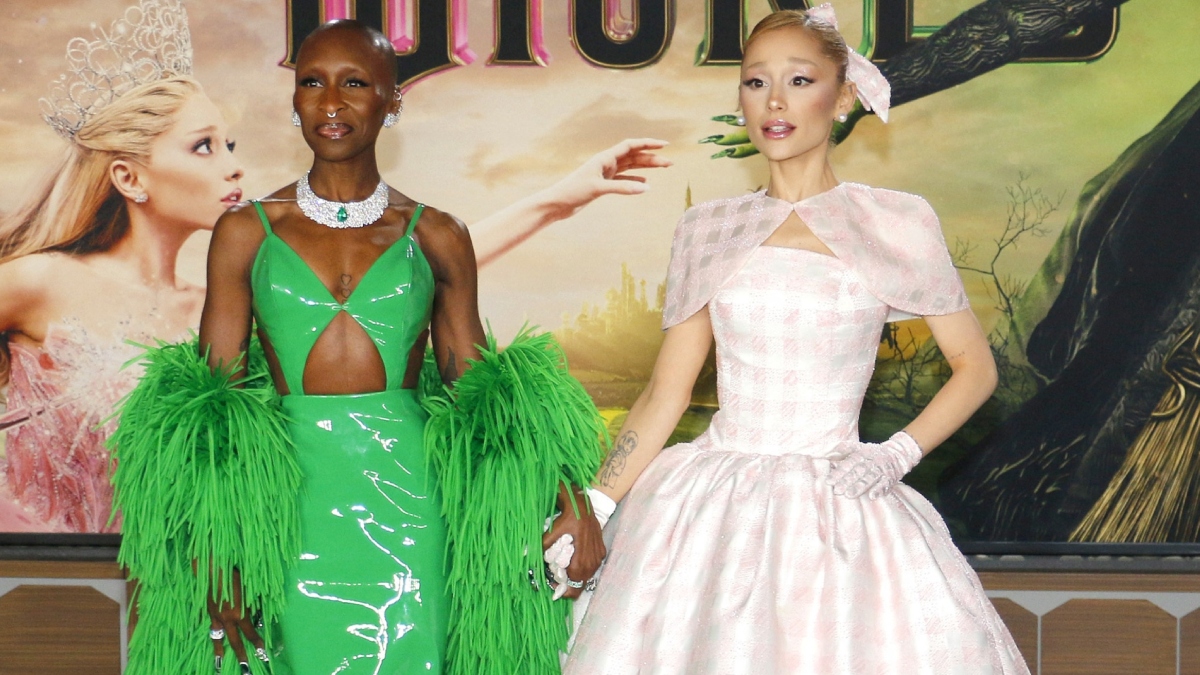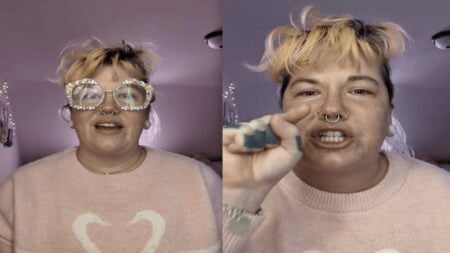Philadelphia-based discount retailer Five Below is facing heat on social media after launching a new collaboration with Wicked, themed to the hit Broadway show and new film. The collection features hand sanitizers inspired by the story’s two main witches: the green-skinned Elphaba and the pink-clad Glinda. But what should have been a fun merch drop quickly spiraled into controversy after fans noticed the chosen scents.
The limited-edition products feature a green sanitizer labeled “Watermelon” with a witch’s hat topper for Elphaba, and a pink sanitizer labeled “Strawberry” topped with a crown for Glinda. The tie-in was designed to match each character’s signature color, but some online found the flavor pairing problematic, specifically, the choice of watermelon for Wicked’s Black-coded character. A viral tweet that racked up over 30 million views called it out directly, “Watermelon for the black character?????????”
The post sparked a flood of replies, with users split between outrage and dismissal. Some defended the brand, pointing out that the scents matched the colors. “It’s watermelon because watermelon is always associated with the color green and strawberry has always been associated with pink/red. Be fr,” one person wrote. Others weren’t buying it. “I couldn’t even imagine being you period,” one user fired back, while another brushed it off with, “It ain’t that deep.”
Why Watermelon Struck A Nerve
The backlash is rooted in the long and painful history of watermelon as a racist stereotype in the United States. Following emancipation, Black farmers grew and sold watermelon as a symbol of freedom and economic independence. But white supremacists weaponized the fruit in caricatures and propaganda, using it to mock Black people as lazy, unclean, and simple-minded.
These demeaning stereotypes persisted for decades through minstrel shows, advertisements, and cartoons, embedding watermelon in American culture as a racial slur disguised as humor. Because of this legacy, pairing watermelon with a Black-coded character can carry connotations that go far beyond an innocent color-to-flavor association.

The sanitizer release has now snowballed into a larger debate about branding, stereotypes, and sensitivity in product marketing. For some, the association was an innocent choice tied to color palettes. For others, watermelon’s fraught history in racist tropes makes it an insensitive pairing, especially when it’s the only option linked to the darker-skinned character.
As of now, Five Below has not issued a statement on the backlash.








